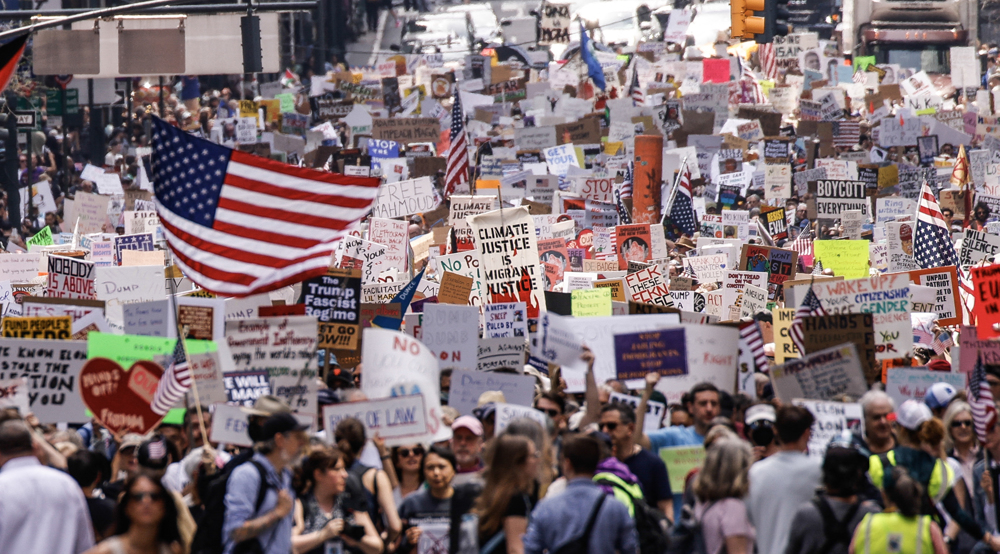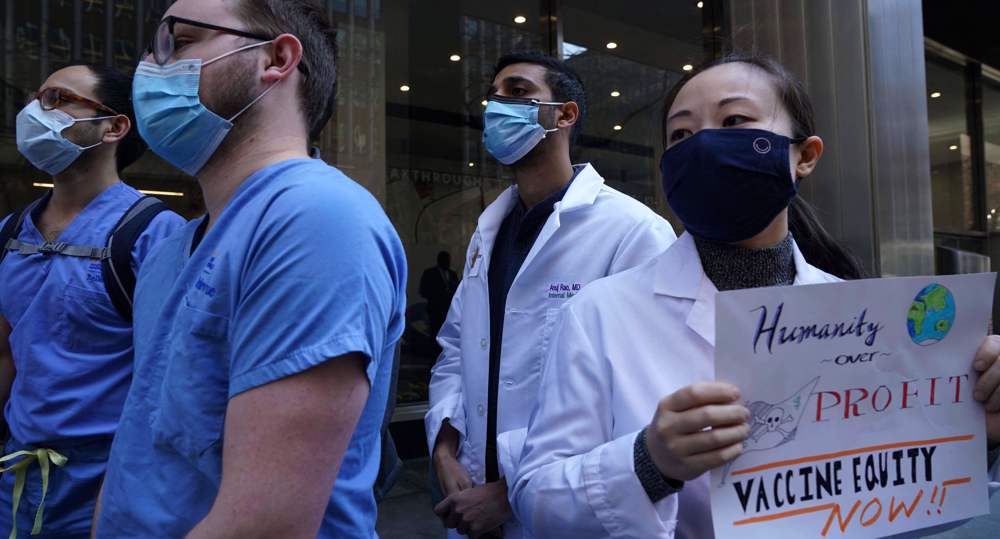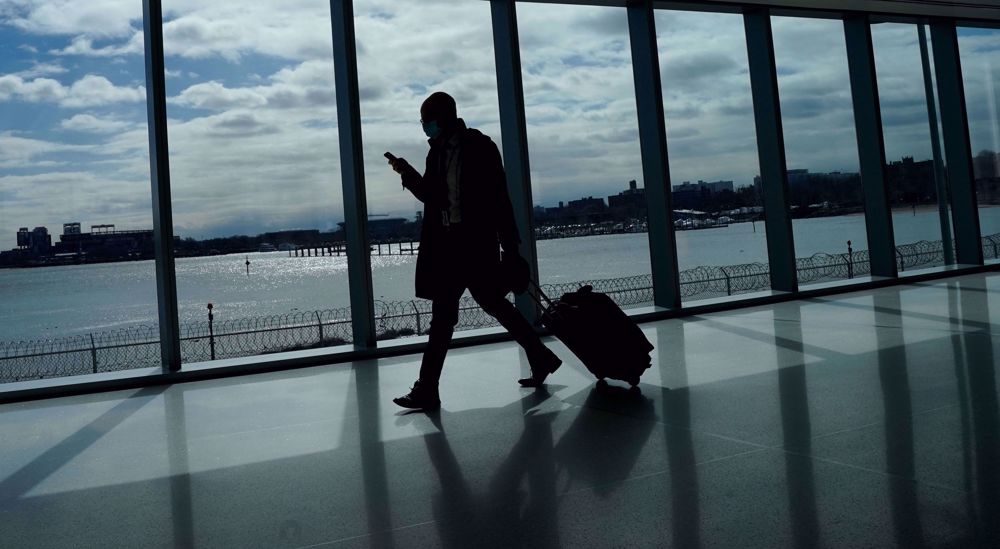US COVID deaths surpass 532,000 with over 29.30 million cases
The total number of COVID-19 cases in the United States topped 29.34 million on Friday, with the national death toll reaching 532,384, according to the Center for Systems Science and Engineering (CSSE) at Johns Hopkins University.
Nearly 4,000 infection cases of coronavirus variants have been reported in the United States as of Thursday, according to the latest data of the US Centers for Disease Control and Prevention (CDC).
The number of variants reported will likely increase as more specimens are sequenced and if the frequency of variants increases, according to the CDC.
Experts are concerned about some worrisome variants that are in places like California and New York.
Michael Osterholm, director of the Center for Infectious Disease Research and Policy at the University of Minnesota, said in an interview Friday that he is "not surprised" that the COVID-19 pandemic is still spreading in the United States and the new variants of coronavirus is the biggest challenge for the country.
Studies are underway to determine whether variants are more transmissible, cause more severe illness, or are likely to evade immunity brought on by prior illness or vaccination.
A new poll from the Associated Press and the National Opinion Research Center at the University of Chicago showed that the African and Hispanic Americans are more likely to be affected by the pandemic.
About 1,500 adults were surveyed from Feb 25 to March 1. According to the results, African Americans and Hispanics are more likely to suffer income losses compared with the white Americans.
The data showed that 62 percent of Hispanic Americans and 54 percent of African Americans have lost some form of household income during the yearlong pandemic, including jobs, pay cuts, cuts in hours and unpaid leave, while the proportion for white Americans is only 45 percent.
The poll also found that 38 percent of Hispanic Americans and 29 percent of African Americans said someone in their household was laid off during the pandemic, but only 21 percent of white Americans said the same.
In addition, the results also showed that compared with white Americans, African Americans and Hispanics were more likely to have loved ones who died from the novel coronavirus, and they were less likely to receive the vaccine.
In addition, the rate of COVID-19 deaths among African Americans and Hispanics in the United States does not match their population, according to the latest data from the CDC.
(Source: Reuters)

After second Signalgate scandal, Democrats call for Hegseth’s resignation

Moroccan port workers protest Maersk ship carrying F-35 parts to Israel

Thousands condemn Trump’s policies in rallies across US
Netanyahu’s anger source of joy for us: Ansarullah
Iran, China working resolutely to safeguard mutual interests: Tehran says as FM departs for Beijing
Yemen asserts enhanced military readiness; takes US aircraft carriers under firepower
VIDEO | Iran seeks foreign investment to boost oil, gas sectors
Iran condemns terror attack in India's Kashmir region
After second Signalgate scandal, Democrats call for Hegseth’s resignation
Mahmoud Khalil missed son's birth after US officials denied temporary release
Iran’s annual inflation up 0.7% to 33.2% in April: SCI









 This makes it easy to access the Press TV website
This makes it easy to access the Press TV website